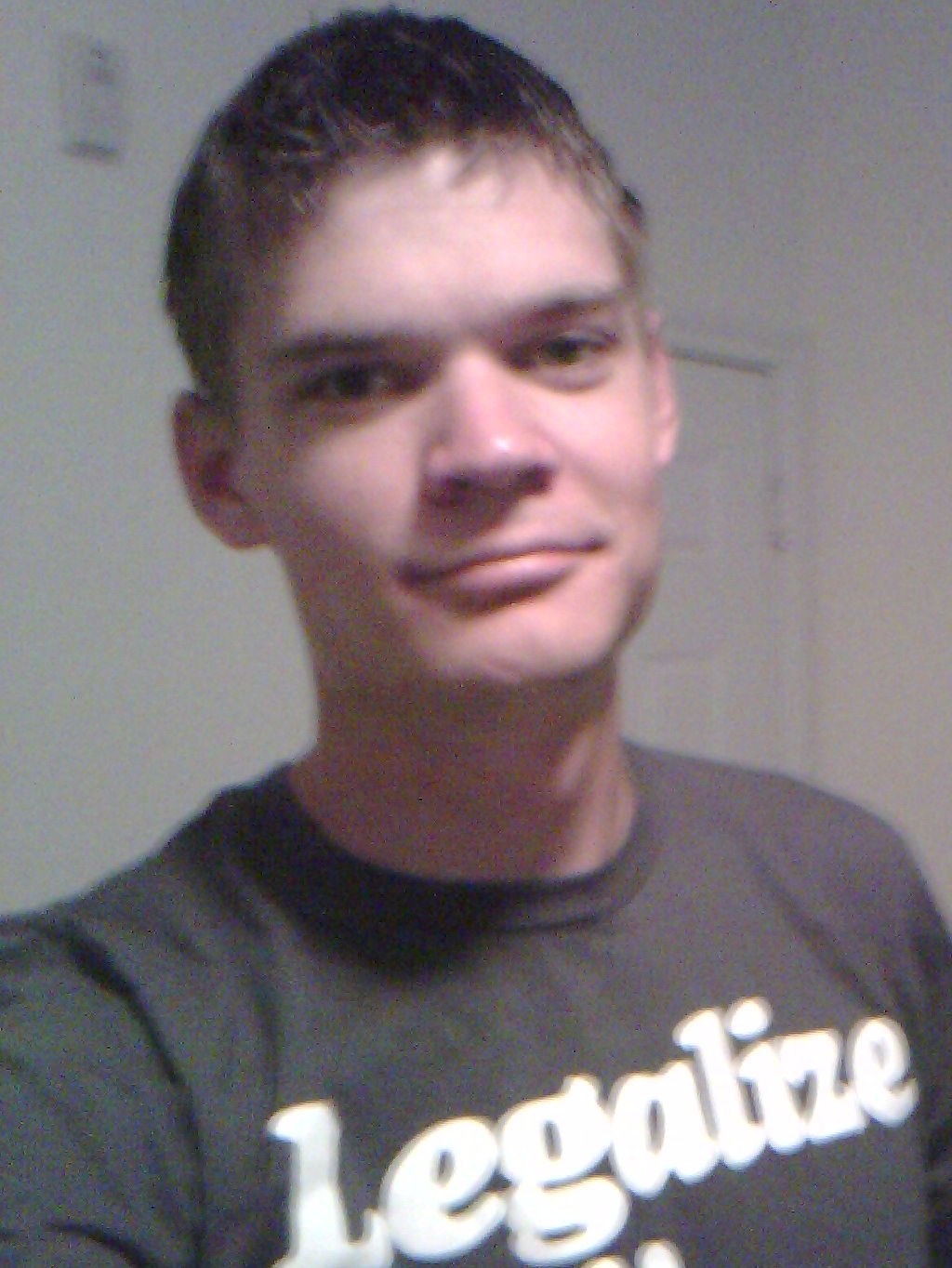I Took the Army
 By Sgt. Timothy Cichon
By Sgt. Timothy Cichon
I joined the Army in April of 2007 at the age of 17. At that time, I was a devout fundamentalist Christian. I was the son of an evangelical preacher, and I had taken Christianity to heart. I joined the Army because I had decided not to be ordained as a minister in my father’s denomination because they insisted on adherence to extra-biblical doctrine. I was taking college classes at the time, and that was the first time that my faith in God would be seriously challenged. However, I wanted to do more than go to school and work part time, and I felt the Army had the best opportunity for me to do something while doing school.
After arriving at my first duty station I sought out a church community and began faithfully attending. At first, my faith was greatly bolstered but it soon became something that only seemed strong on Sundays. I had consistent doubts about God, doubts I refused to work out with anyone’s aid lest my faith was not my own. I eventually determined to re-examine the Old Testament, reading through the entire thing until I was satisfied that there was nothing in there that had not been explained, but I could not bring myself past the Nephilim of Genesis Chapter 6. When I found out my father had duodenal cancer, my pastor noticed my long face and assumed that it was my father’s cancer. It was not. In the face of such an illness, I was distraught over my continued doubt in God.
Finally, in September of 2008 I was angry that there were those who comfortably rejected an existence of God, and I decided that it was time I searched it out fully. I told God that if my faith were truly a divine gift, it would uphold to the utmost scrutiny, evidence, and logic. It did not. It was not long before I positively identified as an atheist. I deployed to Iraq in November of 2008 to occupy foxholes as an atheist. In September of 2009 I found out that my mother had the latest stage of ovarian cancer without it spreading to other organs, Stage 3C. This was a hard thing for me, but I knew that my father was by her side, and that she could have no better support than that; I rested easy and kept focused on my mission.
In August of 2010, I was made to take the Comprehensive Soldier Fitness (CSF) test. I knew that my results would be poor in the spirituality section, but this test was a sort of “check-the-block” for my unit, so I ignored it. My results showed that I was healthier than average in every aspect except spirituality—but I never heard anything negative about it. Instead, a few months later I had to take the FORSCOM Soldier Risk Policy and Tool (FSRPT) which uses more specific questions aimed at determining a soldier’s risk. Actions for risk-producing answers often point toward the CSF training modules. There was a spirituality section in which I failed on every point, racking up risk-points. Since the test is administered by immediate leadership, my platoon sergeant was present and even tried to play semantics by making my relationship with the Army into a community of mutual faith. I refused to play that game and took all the risk points. However, since my leadership was well aware that I am a perfectly healthy and reliable soldier, my commander had the privilege of downgrading my risk. When I was required to take the test again, the spirituality section was no longer there.
Recently, I reviewed my CSF scores from August to find that in every demographic I scored lower spiritually than 14% to 18% of my peers, but in every other category in every single demographic, I scored 2% to 28% higher than my peers. I decided to read my feedback, and found that because of my answers I “may not always have a sense of meaning or purpose…beyond yourself to something larger…it is hard for you to make sense of what is happening to you and others around you…Improving your spiritual fitness should be a goal.” I found this feedback to be especially offensive after having continued my mission while my mom was in the hospital due to cancer, among other things. (On a personal note, my mother has been cancer-free for almost ten months, and I am extremely grateful to modern medicine, technology, and the doctors—not a supernatural being—without whom my mother would have suffered a painful death.)
Anyone in my unit would say that I have a sense of purpose, and my close friends would know I have meaning. I recently completed the training modules for spirituality, and it is ineptly named—it runs more like a mental health module. I was still grossly misidentified as unhealthy and at-risk due to my spirituality answers, and the Army’s nontheists—estimated at 20 percent—will continue to be misidentified if the current method of risk identification is maintained.
Timothy Cichon is a Sergeant in the United States Army assigned to Fort Hood, Texas. He joined the Army in 2007 (at the age of 17) and deployed in support of Operation Iraqi Freedom for 12 months. The views expressed in this article do not represent the Department of Defense nor the United States Army.
